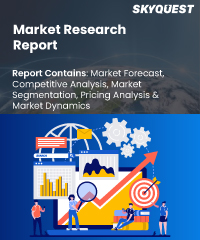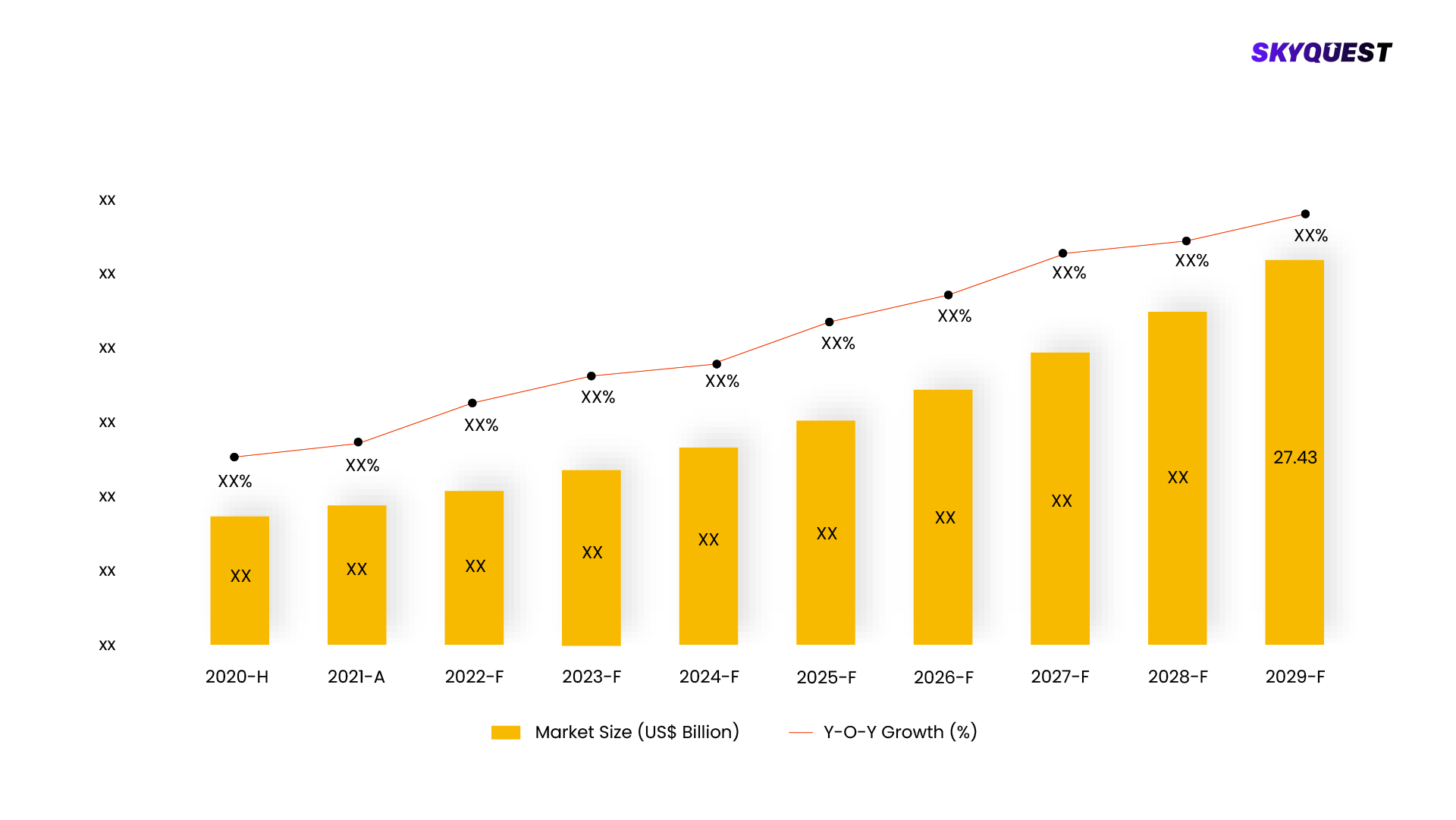
Product ID: UCMIG40H2003

Report ID:
UCMIG40H2003 |
Region:
Global |
Published Date: Upcoming |
Pages:
165
| Tables: 55 | Figures: 60
In 2022, the estimated size of the global sustainable finance market stood at USD 519.88 billion, and it is anticipated to experience a growth rate of 22.6% annually from 2023 to 2030. Furthermore, the Asset Under Management (AUM) for sustainable finance reached USD 37.80 trillion in 2022. This growth can be attributed to the increasing awareness and concern surrounding environmental and social issues, including but not limited to climate change, resource depletion, and social inequality. This heightened awareness has led to a surge in demand for sustainable financial solutions, as individuals, businesses, and institutions strive to align their investments with their ethical values while contributing to a more sustainable future. Additionally, governmental regulations and regulatory frameworks are playing a pivotal role in propelling the market's expansion.

This report is being written to illustrate the market opportunity by region and by segments, indicating opportunity areas for the vendors to tap upon. To estimate the opportunity, it was very important to understand the current market scenario and the way it will grow in future.
Production and consumption patterns are being carefully compared to forecast the market. Other factors considered to forecast the market are the growth of the adjacent market, revenue growth of the key market vendors, scenario-based analysis, and market segment growth.
The market size was determined by estimating the market through a top-down and bottom-up approach, which was further validated with industry interviews. Considering the nature of the market we derived the Asset Management & Custody Banks by segment aggregation, the contribution of the Asset Management & Custody Banks in Diversified Financials and vendor share.
To determine the growth of the market factors such as drivers, trends, restraints, and opportunities were identified, and the impact of these factors was analyzed to determine the market growth. To understand the market growth in detail, we have analyzed the year-on-year growth of the market. Also, historic growth rates were compared to determine growth patterns.
Our industry expert will work with you to provide you with customized data in a short amount of time.
REQUEST FREE CUSTOMIZATIONWant to customize this report? This report can be personalized according to your needs. Our analysts and industry experts will work directly with you to understand your requirements and provide you with customized data in a short amount of time. We offer $1000 worth of FREE customization at the time of purchase.

Product ID: UCMIG40H2003